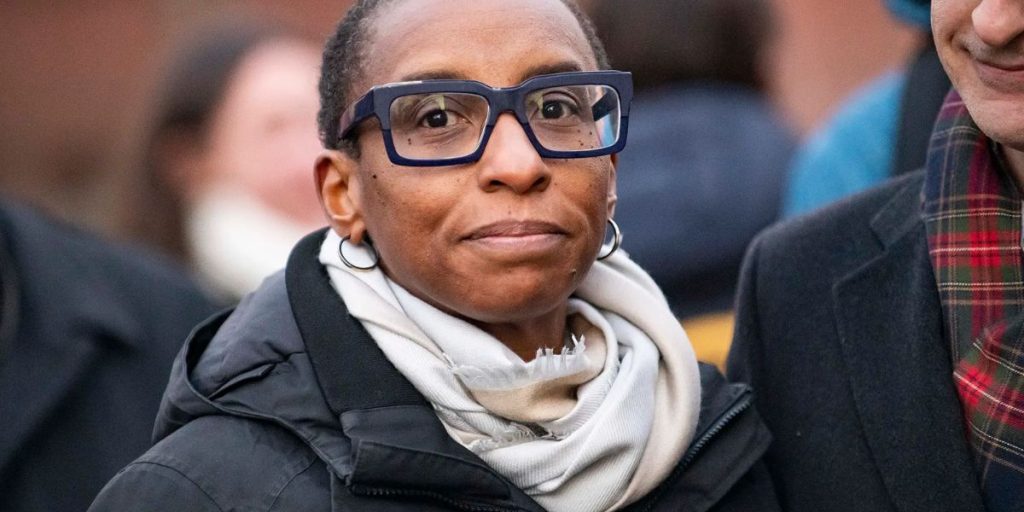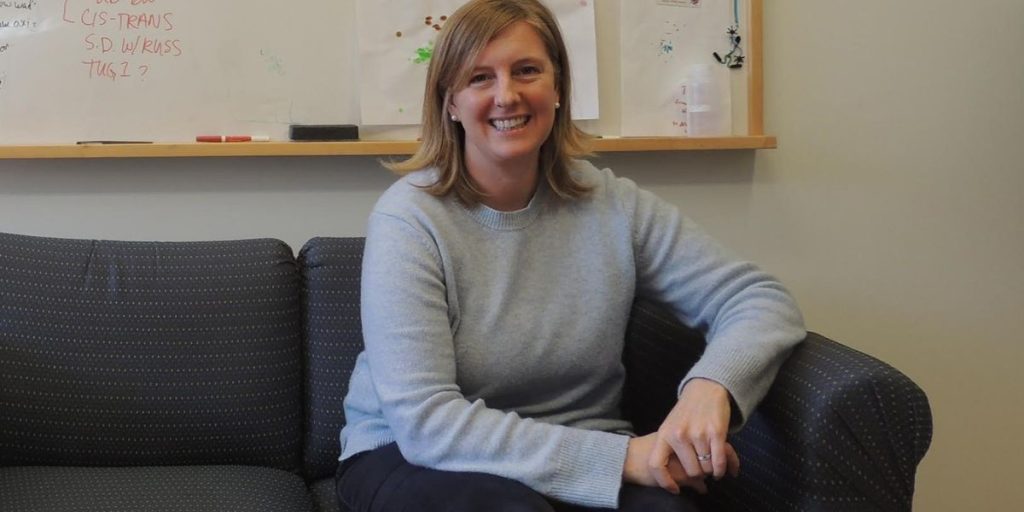Hopi E. Hoekstra, Dean of the Faculty of Arts and Sciences, “unequivocally” criticized “attacks targeting a person’s identity” in a Wednesday interview with The Crimson, following a wave of anonymous plagiarism charges against Black women in the FAS.
After former Harvard President Claudine Gay was accused of plagiarism in December, which contributed to her resignation, three other anonymous plagiarism charges against Harvard affiliates quickly followed and were highlighted by the right-wing media.
Each of the four publicized cases included a Black woman who researched race, prompting many academics at Harvard and elsewhere to claim that the accusations were racially motivated.
When asked if she saw the claims as a systematic attack on Black women scholars or scholars of race and diversity, Hoekstra did not respond directly.
“I would say those promoting these anonymous allegations have publicly acknowledged their goals,” she said.

In doing so, Hoekstra appeared to be referring to conservative activist Christopher F. Rufo, who brought the claims to light and has made no attempt to conceal their significance in his larger campaign against Harvard and diversity, equity, and inclusion programs in higher education.
In a post on X in response to accusations that his broadcast of plagiarism concerns was racially motivated, Rufo openly indicated that Black researchers of diversity may be more inclined to plagiarise than their white colleagues.
Two of the four women accused of plagiarism, Gay and Sociology professor Christina J. Cross, are FAS faculty members. Sherri A. Charleston, Harvard’s principal diversity and inclusion officer, and Shirley R. Greene, a Title IX administrator at the Harvard Extension School (an FAS branch), have both received complaints of various severity.
Hoekstra declined to comment on whether or not the plagiarism charges were valid. Historically, the FAS has declined to respond to plagiarism charges due to the confidentiality of its internal review processes.
Hoekstra stated that the public character of the complaints jeopardized their subjects’ right to due process.
“The challenge is this approach is casting doubt on individuals before any due process can be undertaken,” she went on to say.
Still, Hoekstra stated that the FAS would take all plagiarism charges carefully, regardless of their anonymity.
“We apply these procedures carefully and consistently and in a manner that respects due process and the privacy of individuals under review,” Hoekstra said in a statement.

According to plagiarism specialists and academics, the charges have varying degrees of validity. Though some of the charges have been identified as possibly serious, many have been denied by the experts or scholars allegedly borrowed from them.
Only claims against Gay have resulted in scholarly record revisions.
The Harvard Corporation, the University’s top governing body, chose to lead the investigation against Gay, citing Gay’s position of control over FAS officials as a possible conflict of interest. The other two accusations against FAS affiliates do not fall within the FAS policy, which solely pertains to work done at the FAS.
According to FAS policy, complaints that pass a preliminary assessment advance to an inquiry, which may lead to an investigation, which might take months. As FAS dean, Hoekstra has the authority to accept or reject investigative results, as well as to determine what penalties, if any, are necessary.
Hoekstra described her goals for dealing with plagiarism allegations as “twofold.”
“First is to ensure the integrity of those processes for reviewing allegations of research misconduct, and that assurance of integrity is fundamental to providing an opportunity for advancing excellence in our academic and research pursuits,” she said in a statement.
“And then second, to ensure our faculty have the support they need to undertake these pursuits — the very work that they came to Harvard to do,” Hoekstra said in a statement.